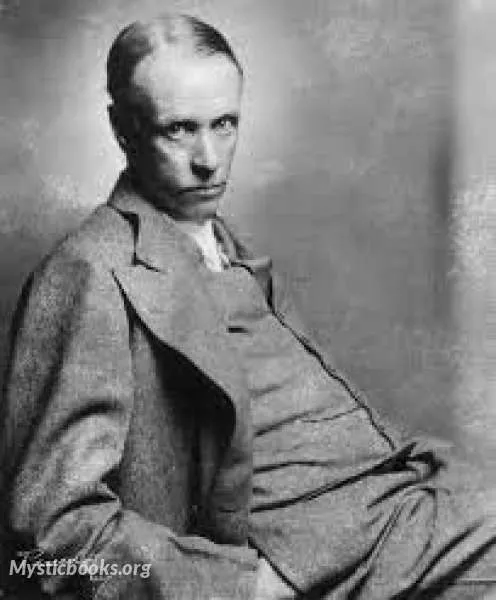
Timeline
Title
Country/Nationality
Sinclair Lewis
Harry Sinclair Lewis was an American writer and playwright. In 1930, he became the first writer from the United States (and the first from the Americas) to receive the Nobel Prize in Literature, which was awarded "for his vigorous and graphic art of description and his ability to create, with wit and humour, new types of characters." His works are known for their critical views of American capitalism and materialism between the wars. He is also respected for his strong characterizations of modern working women. H. L. Mencken wrote of him, "[If] there was ever a novelist among us with an authentic call to the trade ... it is this red-haired tornado from the Minnesota wilds."
Born February 7, 1885, in the village of Sauk Centre, Minnesota, Lewis began reading books at a young age and kept a diary. In late 1902, Lewis left home for a year at Oberlin Academy (the then-preparatory department of Oberlin College) to qualify for acceptance at Yale University. While at Oberlin, he developed a religious enthusiasm that waxed and waned for much of his remaining teenage years. He entered Yale in 1903, but did not receive his bachelor's degree until 1908, having taken time off to work at Helicon Home Colony, Upton Sinclair's cooperative-living colony in Englewood, New Jersey, and to travel to Panama.
Lewis's first published book was Hike and the Aeroplane, a Tom Swift-style potboiler that appeared in 1912 under the pseudonym Tom Graham.
In 1914 Lewis married Grace Livingston Hegger, an editor at Vogue magazine.
Nobel Prize
In 1930 Lewis won the Nobel Prize in Literature, the first writer from the United States to receive the award, after he had been nominated by Henrik Schück, member of the Swedish Academy. In the Academy's presentation speech, special attention was paid to Babbitt. In his Nobel Lecture, Lewis praised Theodore Dreiser, Willa Cather, Ernest Hemingway, and other contemporaries, but also lamented that "in America most of us—not readers alone, but even writers—are still afraid of any literature which is not a glorification of everything American, a glorification of our faults as well as our virtues," and that America is "the most contradictory, the most depressing, the most stirring, of any land in the world today." He also offered a profound criticism of the American literary establishment: "Our American professors like their literature clear and cold and pure and very dead."
Lewis died in Rome from advanced alcoholism on January 10, 1951, aged 65. His body was cremated and his remains were buried at Greenwood Cemetery in Sauk Centre, Minnesota. His final novel World So Wide (1951) was published posthumously.
William Shirer, a friend and admirer of Lewis, disputes accounts that Lewis died of alcoholism. He reported that Lewis had a heart attack and that his doctors advised him to stop drinking if he wanted to live. Lewis did not stop, and perhaps could not; he died when his heart stopped.
In summarizing Lewis's career, Shirer concludes:
It has become rather commonplace for so-called literary critics to write off Sinclair Lewis as a novelist. Compared to...Fitzgerald, Hemingway, Dos Passos, and Faulkner...Lewis lacked style. Yet his impact on modern American life...was greater than all of the other four writers together.
Books by Sinclair Lewis
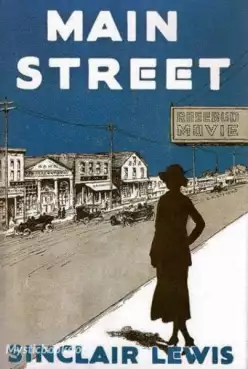
Main Street
Main Street is a satirical novel written by Sinclair Lewis, and published in 1920. Satirizing small town life, Main Street is perhaps Sinclair Lewis's most famous book, and led in part to his eventual 1930 Nobel Prize for Literature. It relates the...
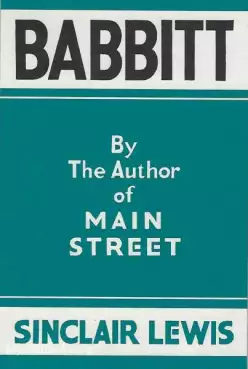
Babbitt
Babbitt, by Sinclair Lewis, is a satirical novel about American culture and society that critiques the vacuity of middle class life and the social pressure toward conformity. The controversy provoked by Babbitt was influential in the decision to awar...

The Innocents, A Story for Lovers
The Innocents: A Story for Lovers is a 1917 novel by Sinclair Lewis.
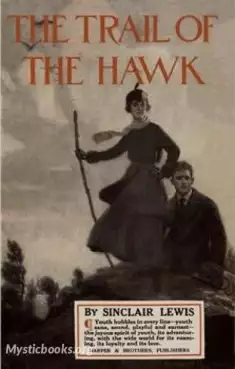
The Trail of the Hawk
The Trail of the Hawk: A Comedy of the Seriousness of Life is a 1915 novel by Sinclair Lewis.
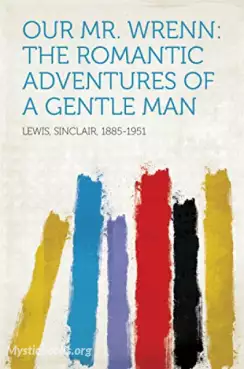
Our Mr. Wrenn, the Romantic Adventures of a Gentle Man
Mr. Wrenn, an employee of a novelty company, quits his job after inheriting a fortune from his father. He decides to go traveling.
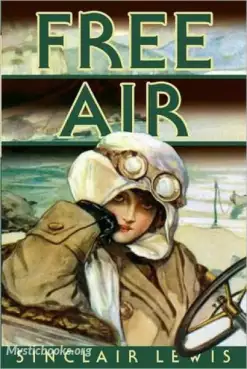
Free Air
"This cheerful little road novel is about Claire Boltwood, who, in the early days of the 20th century, travels by automobile from New York City to the Pacific Northwest, where she falls in love with a nice, down-to-earth young man and gives up her sn...
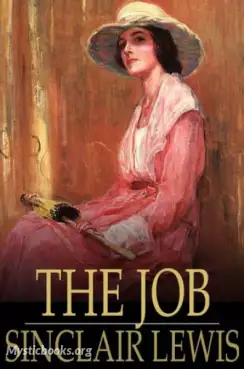
The Job
The Job is an early work by American novelist Sinclair Lewis. It is considered an early declaration of the rights of working women. The focus is on the main character, Una Golden, and her desire to establish herself in a legitimate occupation while b...
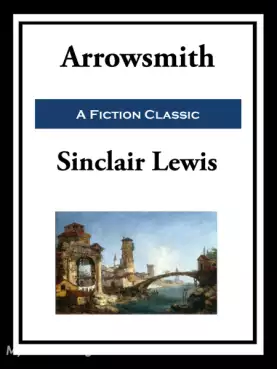
Arrowsmith
Arrowsmith is a novel by American author Sinclair Lewis, first published in 1925. It won the 1926 Pulitzer Prize (which Lewis declined). Lewis was greatly assisted in its preparation by science writer Paul de Kruif, who received 25% of the royalties...
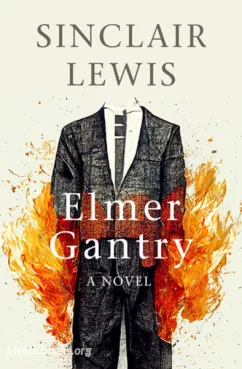
Elmer Gantry
Step into the world of charismatic preachers and religious fervor in "Elmer Gantry" by Sinclair Lewis, where the line between faith and hypocrisy blurs, and the power of persuasion knows no bounds. "Elmer Gantry" takes readers on a riveting journey t...
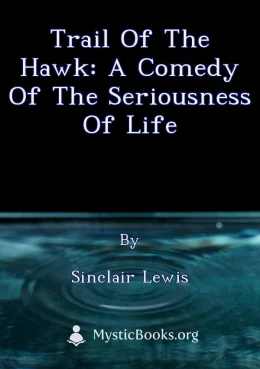
Trail of the Hawk: a Comedy of the Seriousness of Life
Trail of the Hawk, originally published in 1922, tells the story of Carl Ericson, nicknamed 'The Hawk,' a young man growing up in early 20th century America. The novel follows his various adventures, beginning with his childhood escapades and leading...

Willow Walk
In the gripping tale of "The Willow Walk", Sinclair Lewis delves into the depths of human depravity and the destructive nature of greed. The story follows a dissolute man who masterminds an elaborate heist, driven by a thirst for wealth and power. Ho...